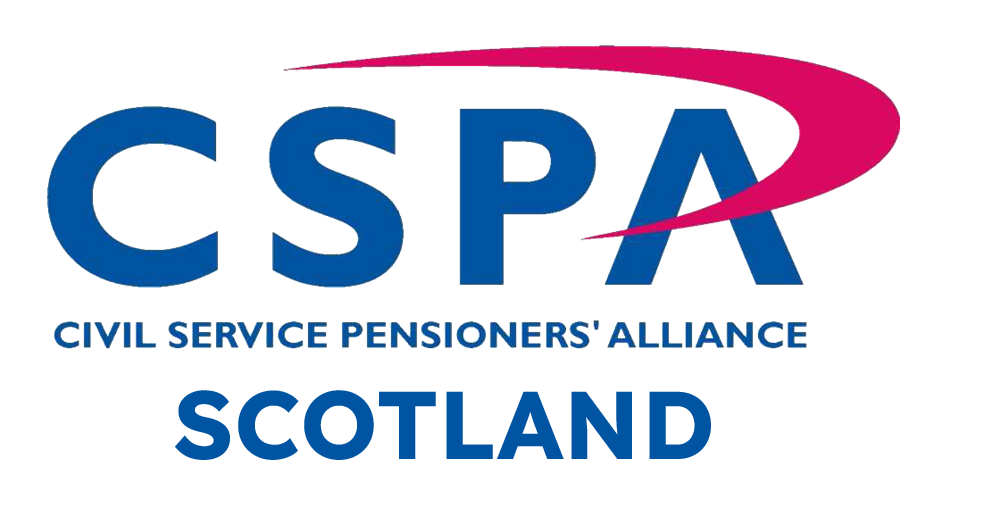
The Scottish government has confirmed it will follow the UK government in no longer providing winter fuel payments to all pensioners.
The UK benefit is due to be replaced by a Holyrood-run alternative – but ministers have confirmed it will be means tested, while the roll out has been delayed.
Social Justice Secretary Shirley-Anne Somerville said she had “no choice” after the chancellor announced cuts south of the border.
It came as Scotland’s finance secretary ordered ministers to “constrain all but essential” spending to help pay for public sector pay deals.
‘No other choice’
Shona Robison has written to cabinet colleagues advising of stricter rules on discretionary spending, including a recruitment freeze on “all but essential” posts.
She said the government would have to make “difficult” choices to fund pay increases for public sector staff after Chancellor Rachel Reeves signalled cuts in the next UK budget.
“We want to continue to support our public sector workforce, we really value them but this will mean tough decisions,” Ms Robison told BBC Scotland.
She said Barnett consequentials, provided via UK government spending, would not cover the pay rises and that about a third of the total would have to come from departmental cuts.
“It will mean that public bodies have to constrain their spend in a way I wish was not the case but we have no other choice at this point in time,” she said.
The chancellor announced last month that those not on pension credit or other means-tested benefits in England and Wales would no longer get annual winter fuel payments, worth between £100 and £300.
Responsibility for the winter fuel payment was set to be transferred to the Scottish government in September and replaced with a Holyrood-managed equivalent – the Pension Age Winter Heating Payment (PAWHP). That has now been pushed back to winter 2025.
Holyrood ministers had previously said the benefit would not be means tested, with universal entitlement based on reaching state pension age.
Ms Robison said that following the UK government’s move was “one of the toughest decisions” the SNP government has had to make.
She said ministers had no choice because Treasury funding for the replacement Scottish benefit had been cut by between £140m and £160m.
The spending measures introduced by Ms Robison mean departmental plans will be subject to greater scrutiny and in some cases may need to be signed off by the first minister.
Some projects slated to start but not yet underway may also be cut – with details due to be announced to the Scottish Parliament.
The development came as Gers figures revealed Scotland’s public spending deficit increased by £3.6bn to £22.7bn in 2023-24 due to lower oil and gas revenues.
SNP ministers recently provided additional funds to Cosla to help avert bin strikes. First Minister John Swinney said funding the new offer would mean tough choices ahead for the government.
It comes as NHS staff in Scotland are expected to push for a pay rise in line with increases south of the border.
‘Very difficult decision’
Ms Somerville said the chancellor’s decision to end universal entitlement for winter fuel payments had cut nearly 90% of the funding for the Scottish replacement benefit.
“This has been a very difficult decision and not one we want to, or expected to, be making,” Ms Somerville said.
“However, despite all efforts to review our financial position it is a necessary decision when faced with such a deep cut to the budget and in the most challenging financial circumstances since devolution.”
The Scottish government had estimated, external that one million pensioners in Scotland who were eligible for the UK payment would receive the PAWHP of between £100 and £300.
It is separate from the winter heating payment, external which helps people on low income benefits who might have extra heating needs.
The chancellor has said the UK Labour government has had to make “difficult decisions” due to a £22bn hole in public finances due to overspend from the previous Conservative administration.
Age Scotland policy director Adam Stachura accused the Labour administration of rushing into cuts, which he said were too deep.
The charity boss said the decision would mean at least a quarter of a million pensioners in Scotland on the lowest incomes or living in fuel poverty would no longer receive the “vital” financial support, while hundreds of thousands more on modest incomes would struggle more to pay energy bills.
He urged the UK government to reverse the cuts, which he said was impacting “the devolution of social security and the needs of Scottish pensioners who live in some of the coldest homes in the UK”.
‘Questions must be asked’
Joao Sousa, deputy director and senior economist of the Fraser of Allander Institute, said that while Ms Robison’s spending constraints were partly a result of the UK’s fiscal framework “it would be unfair to blame it all on that”.
Posting on X, external, he said a “lack of prudent planning” by the Scottish government was a “major part” of the issue.
Mr Sousa highlighted that the government passed its previous budget without a set pay policy, leaving it “at the mercy of labour market conditions and it seems now it set aside little to no contingency for pay increases”.
He added: “Questions must be asked as to why this predictable issue wasn’t foreseen.”
The economist said that the in-year cuts the government now had to make would likely be based on what spending could be halted, rather than on a “considered value for money basis”.
Source BBC Scotland News page.


